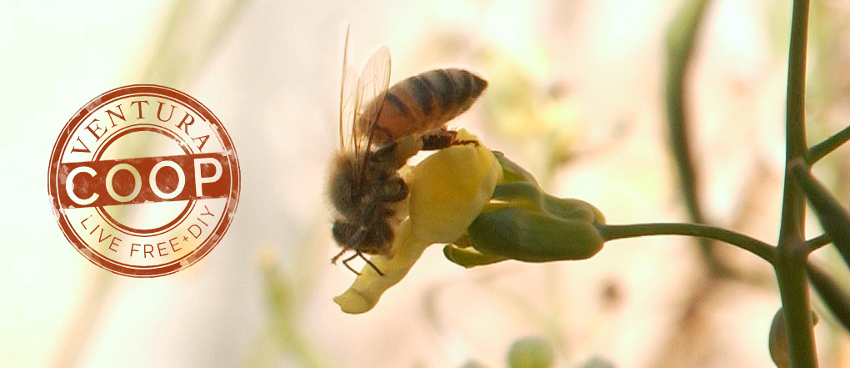 The healthiest most sustainable way to gain food security is to augment your food supply with a garden in your yard. Not only do you and your family gain access to fresh veggies, which are at their best in flavor and nutrition picked immediately before eating, but home gardens help ease our impact on the environment. Healthy soil retains more water, home grown veggies require less water to process, and a yard garden lowers your carbon footprint.
The healthiest most sustainable way to gain food security is to augment your food supply with a garden in your yard. Not only do you and your family gain access to fresh veggies, which are at their best in flavor and nutrition picked immediately before eating, but home gardens help ease our impact on the environment. Healthy soil retains more water, home grown veggies require less water to process, and a yard garden lowers your carbon footprint.
In our garden we have a steady supply of lima beans, kale, carrots, onions, beets, chard, salad greens and herbs. There is always some seasonal harvest to add depending on the time of the year. Nothing leaves our yard. We have three living compost piles, and two worm bins crawling with red wrigglers. We brew compost tea to sell and use in our gardens.
We also mulch like crazy and we munch like crazy. We walk barefoot on the spongy soil and graze like rabbits. And what we don't eat right away we can or share with our friends and neighbors.
Mason jars are reusable and fermented veggies are really good for you. "Fermented foods that have been through a process of lactofermentation in which natural bacteria feed on the sugar and starch in the food creating lactic acid. This process preserves the food, and creates beneficial enzymes, b-vitamins, Omega-3 fatty acids, and various strains of probiotics." -Wellness Mama
Become food secure. It is a shift in consciousness that empowers you and your family with experience and knowledge. Being able to feed yourself with food you grew yourself is liberating!
A great book to read regarding food security and growing your own is Food Not Lawns. Another go to book is A Vegetable Gardener's Guide to Permaculture. Start there and at the same time visit your local farmer's market, volunteer for Food Forward Gleaning projects, and connect with local community garden projects.
People in my neighborhood are so disconnected from the fresh food supply that kids don't know an eggplant from a sweet potato. We have to show them how to get grounded in the truest sense of the word. -Ron Finley

